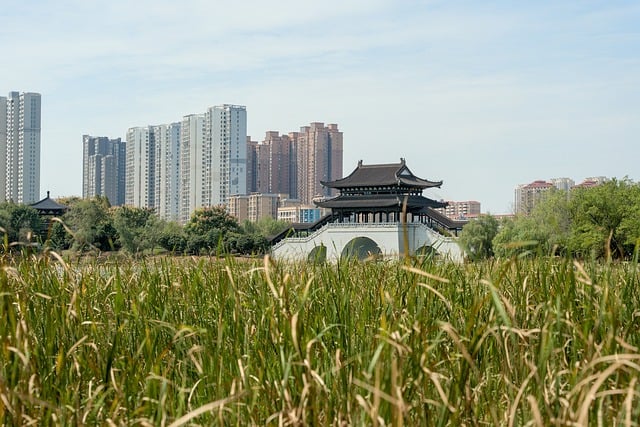In an age where the environment is increasingly fragile, eco-friendly gardening emerges as a beacon of hope, illustrating how we can create thriving communities through ecological farming. This method of gardening goes beyond the simple act of planting seeds in soil; it intertwines the well-being of the earth, the flourishing of nature, and the nurturing of community spirit.
Imagine stepping into a garden vibrant with life, where plants thrive naturally, attracting a variety of pollinators. This is not just a pretty picture; it’s a testament to the power of ecological farming. By practicing techniques that promote biodiversity and sustainability, we can honor our environment while yielding nourishing crops. The principles of ecological farming encourage us to work in harmony with nature—utilizing compost, natural pest control, and companion planting instead of chemical fertilizers and pesticides. This not only helps to sustain the soil’s health but also supports a wider ecosystem.
Moreover, eco-friendly gardening fosters community ties. Local gardens can become communal spaces where people not only grow food but also share knowledge, resources, and companionship. Neighbors come together to plant, tend, and harvest, building relationships rooted in shared values of sustainability and respect for the earth. These interactions cultivate a sense of belonging, as individuals connect over their common goal: a healthier planet.
Engaging in ecological farming can significantly impact local environments. By adopting green practices, gardeners contribute to cleaner air and water, and foster safer habitats for local wildlife. Each butterfly that flutters through a flower, each bee that pollinates, is a reminder of the intricate connections we share with nature. When we nurture our gardens, we also are nurturing the delicate balance of our ecosystem.
The benefits of eco-friendly gardening extend far beyond the garden gate. Communities that prioritize sustainable practices often see an increase in local food production. When food is grown locally, it reduces the carbon footprint associated with transportation, creating a more sustainable food system. This encourages a farm-to-table mindset where individuals are more conscious of their consumption, appreciating the journey of their food from seed to plate.
In addition, ecological farming practices often lead to healthier food choices. Fruits and vegetables grown without synthetic chemicals not only taste better but also offer greater nutritional value. By cultivating gardens filled with organic produce, communities can address food insecurity issues, providing fresh options for those in need. Every harvest becomes an opportunity to enhance community health and well-being.
As we endeavor to make our communities stronger through ecological farming, we must remember that each small step counts. Even a balcony garden can contribute to a larger movement towards sustainability. Whether we’re planting a few herbs in pots or collaborating with others on a community garden, our efforts are part of a collective push towards a greener future.
Every time we dig our hands into the soil, we are participating in an age-old tradition that connects us to the earth and to each other. Eco-friendly gardening isn’t just about growing plants; it’s about fostering a legacy of respect for nature that will benefit future generations. By nurturing our gardens and communities simultaneously, we foster a bond that sustains both our environment and our spirit, reminding us that we are all stewards of this beautiful planet.




